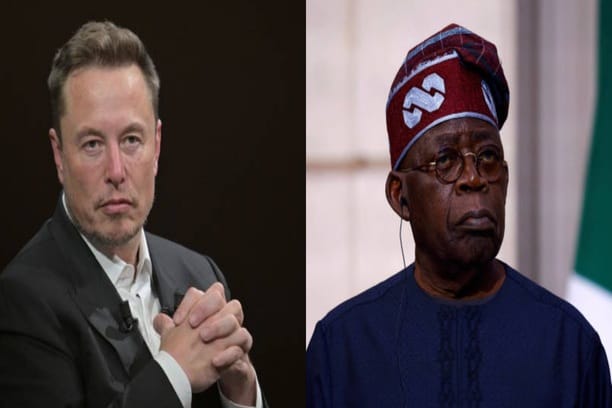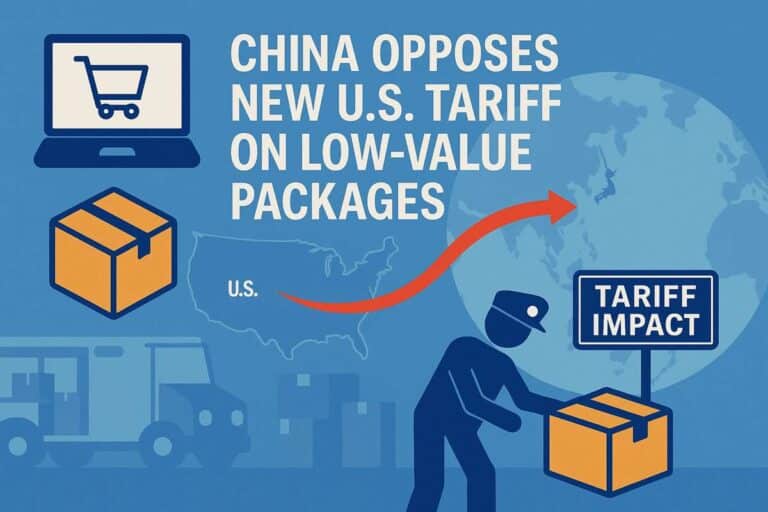

Elon Musk's Wealth Rivals Nigeria's Entire GDP
EPICSTORIAN – Elon Musk, the visionary behind companies like Tesla, SpaceX, and xAI, has reached a net worth of $464 billion, reaffirming his status as the world’s wealthiest individual, according to Forbes.
This feat highlights the vast economic disparities between individual fortunes and national economies, notably when compared to Nigeria’s GDP of approximately $472.62 billion, according to the World Bank 2022 report.
Musk’s financial ascent is largely attributed to his stakes in several high-profile ventures. He holds about 12% of Tesla, the electric vehicle manufacturer, though more than half of these shares are pledged as collateral for personal loans totaling up to $3.5 billion.
In early 2024, a Delaware judge annulled Musk’s 2018 agreement to receive options equating to an additional 9% of Tesla; Forbes has since discounted these options by 50% pending Musk’s appeal.
SpaceX, founded by Musk in 2002, has seen its valuation soar to $350 billion following a private share sale in December 2024, with Musk owning an estimated 42% stake. Additionally, he acquired Twitter in a $44 billion deal in 2022, rebranding it as X.
Musk’s $464 billion Net Worth
However, Forbes estimates that the social media platform’s value has declined by nearly 70% as of August 2024. Musk also holds an estimated 54% of xAI, an artificial intelligence startup he established in 2023, which private investors valued at $50 billion in November 2024.
Musk’s new net worth hit $464 billion on 12/18/24, according Forbes Real Time Net Worth data, strengthening the Tesla CEO position as the world’s richest billionaire.
In stark contrast, Nigeria, Africa’s most populous nation, grapples with significant economic challenges. The country’s GDP, standing at approximately $472.62 billion, is heavily reliant on oil, which accounts for 90% of exports and 40% of tax revenues as of 2023.
This dependence makes Nigeria vulnerable to global oil price fluctuations. Furthermore, debt servicing consumes over 70% of federal tax revenues, straining public finances.
The manufacturing sector remains underdeveloped, contributing only 9% to GDP in 2023, and inadequate infrastructure hampers growth across agriculture, industry, and commerce.
New various economic reforms under President Bola Tinubu, including the removal of fuel subsidies and the unification of exchange rates, aim to stabilize the economy but have led to short-term hardships.
Inflation has risen for the third consecutive month, reaching 34.60% in November 2024, worsening the cost-of-living crisis for many Nigerians.
The juxtaposition of Musk’s personal wealth with Nigeria’s economic struggles underscores the vast disparities in global wealth distribution. While individuals like Musk amass unprecedented fortunes through technological innovation and strategic investments, nations like Nigeria continue to face systemic challenges that impede economic development and the well-being of their populations.
Although world’s richest people are not responsible for the failures or misfortunes of others, including those of the poor countries, addressing wealth disparities requires comprehensive policy reforms, international cooperation, and sustainable development strategies tailored to the unique circumstances of each nation.
For Nigeria, diversifying the economy beyond oil dependence, investing in infrastructure, and implementing effective social safety nets are crucial steps toward achieving economic stability and improving the quality of life for its impoverished citizens.





